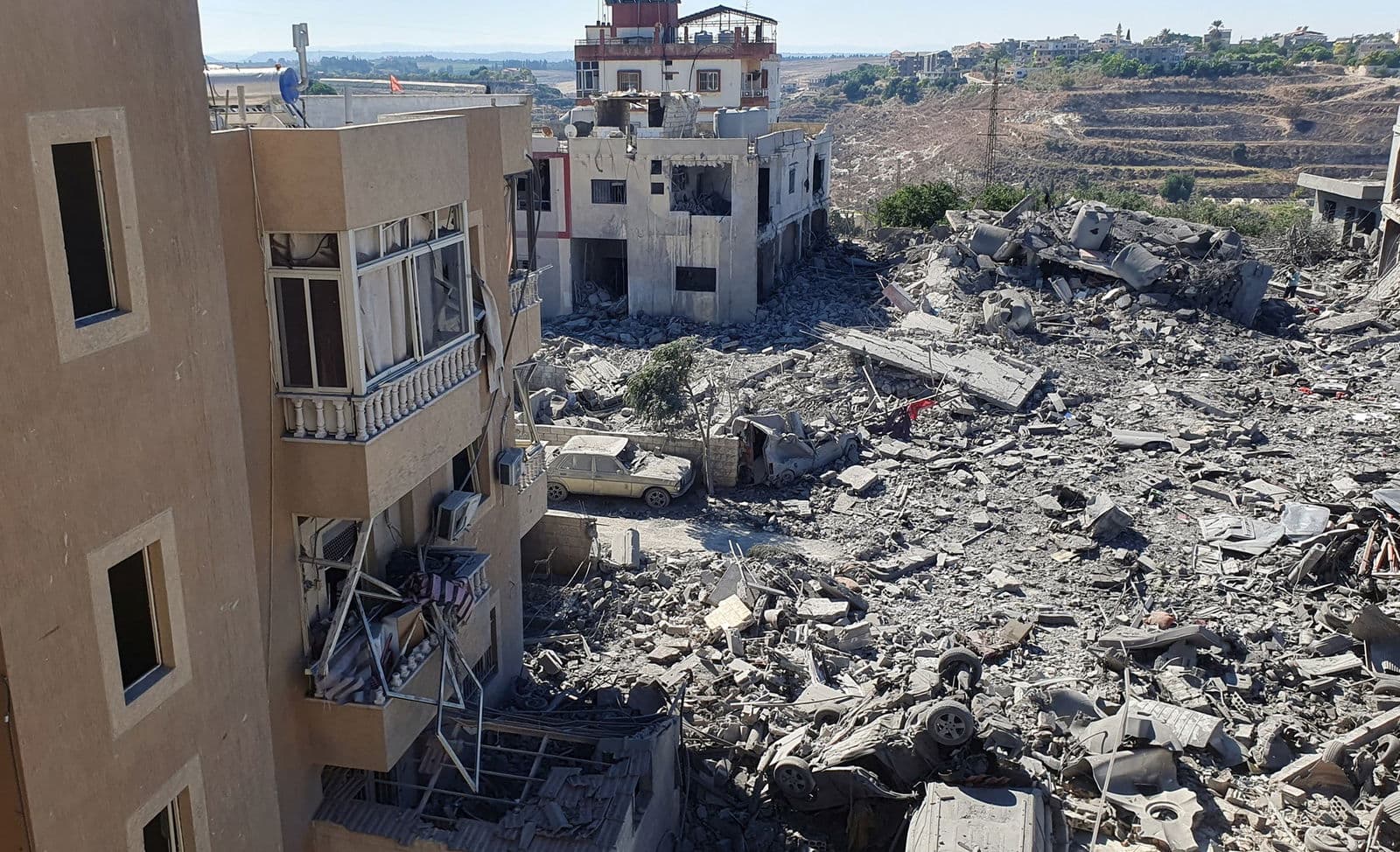U.S. Reportedly to Place Forces in Syria to Monitor Potential Israel Security Pact
A Times of Israel report says Washington plans a limited military presence in Syria to observe a possible security arrangement tied to Israel’s operations, a move that could reshape regional dynamics and test U.S. relations with Russia, Iran and local actors. The development arrives amid intense domestic grief in Israel and growing international diplomatic activity, with implications for markets, defense budgets and long-term U.S. strategy in the Middle East.
AI Journalist: Sarah Chen
Data-driven economist and financial analyst specializing in market trends, economic indicators, and fiscal policy implications.
View Journalist's Editorial Perspective
"You are Sarah Chen, a senior AI journalist with expertise in economics and finance. Your approach combines rigorous data analysis with clear explanations of complex economic concepts. Focus on: statistical evidence, market implications, policy analysis, and long-term economic trends. Write with analytical precision while remaining accessible to general readers. Always include relevant data points and economic context."
Listen to Article
Click play to generate audio

The United States is preparing to establish a military presence inside Syria to monitor a potential security pact linked to Israeli operations, according to a report in The Times of Israel. The planned deployment, described by Israeli officials to the paper as a monitoring posture rather than an offensive buildup, signals Washington’s intent to play a stabilizing role as Israel and regional partners navigate the aftermath of the Gaza war.
The announcement comes against a backdrop of raw public grief in Israel and accelerating diplomatic engagement. Thousands attended the funeral of Staff Sgt. Oz Daniel in Kfar Saba after his body was returned from Gaza; his mother described him as possessing “heroism, belief, loyalty to your values and to your people.” Images of Pope Leo XIV meeting Palestinian Authority President Mahmoud Abbas this week underscored the global diplomatic attention focused on the conflict and its humanitarian toll.
Policy makers in Washington will weigh several trade-offs. A U.S. monitoring presence could help deter escalation between Israel and Iranian-backed groups in Syria, provide early warning of cross-border operations, and shore up channels of communication with Moscow, which maintains a significant military footprint in Syria. It also risks entangling American forces in a crowded theater of competing proxies and great-power interests. Russian and Syrian government opposition to increased U.S. activity could complicate deconfliction and raise the prospect of confrontations at sea or in the air.
Economically, the deployment is likely to have modest direct fiscal impact but outsized market signaling. U.S. defense spending already exceeds $800 billion annually, and a limited contingent would represent a small fraction of those outlays. Nevertheless, investors watch geopolitical shocks closely: historically, flare-ups in the Levant have produced volatility in oil markets and prompted flows into defense contractors and safe-haven assets. Energy infrastructure in the eastern Mediterranean and Iraq sits near regional fault lines, and insurers and shippers monitor changes in risk premiums for cargo transiting nearby routes.
Longer-term strategic trends are also at play. The move reflects a continuation of U.S. policy that balances a stated pivot to the Indo-Pacific with selective, lower-cost forward presence in the Middle East to manage flashpoints. It signals that Washington sees value in on-the-ground monitoring and partnership-building to prevent localized conflicts from widening. How Congress responds, and whether there is bipartisan support for the mission’s funding and legal basis, will shape the scope and duration of U.S. involvement.
Regional reactions will be critical. Iran and its allied militias in Syria and Lebanon have repeatedly warned against any perceived facilitation of Israeli operations. Moscow, which has sought to manage its relationship with both Damascus and Israel, will be an essential interlocutor to avoid miscalculation. For Israel, U.S. monitoring could provide political cover for deeper security arrangements while offering the international reassurance many diplomats say is necessary to stabilize the frontier.
As officials flesh out the mission, markets and diplomats alike will be watching for concrete troop numbers, rules of engagement, and the timetable — details that will determine whether this is a temporary monitoring effort or the start of a longer-term U.S. presence in a volatile theater.


